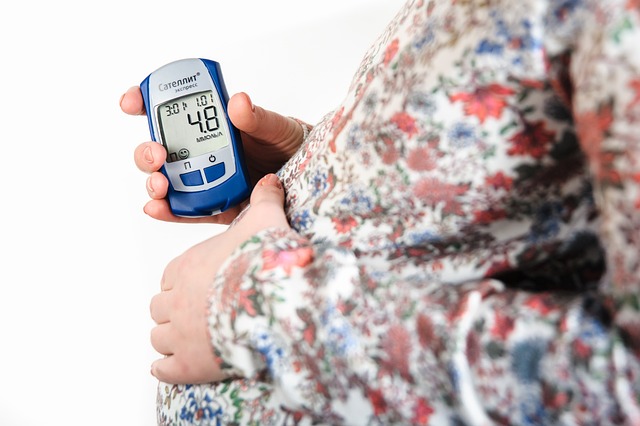If you’ve been keeping up with the news, you’ve probably noticed that marijuana is a hot topic these days. With changing societal views, many are wondering about its safety, especially for pregnant women. In the U.S., twenty states have legalized some form of marijuana, and places like Colorado and Washington have even embraced its recreational use. High-profile figures, including the NFL Commissioner and former President Obama, have hinted at a shift in perception regarding marijuana, yet it remains classified as a Schedule I drug, alongside substances like heroin and LSD.
What Research Tells Us
Studies indicate that pregnant women who use illicit drugs are more likely to consume marijuana, often under the impression that it is safer for their developing baby compared to harsher drugs like cocaine or heroin. Marijuana, derived from the cannabis plant, contains delta-9-tetrahydrocannabinol (THC), which is responsible for its psychoactive effects. It can be consumed in various ways, including smoking, ingestion, or topical applications. However, smoking marijuana can introduce harmful substances, such as carbon monoxide and tar, into the lungs.
Since the 1960s, researchers have studied marijuana use during pregnancy, and while there are limitations in these studies—like reliance on self-reported data—numerous experts have reviewed extensive reports concerning both humans and animals. To date, findings have not conclusively linked marijuana use to birth defects. For example, a significant study involving over 12,000 interviews showed no statistical correlation between marijuana use and congenital malformations.
Nevertheless, that doesn’t mean marijuana is without risks. Research has shown that its use during pregnancy can lead to growth restrictions and lower birth weights, especially if use continues into late pregnancy. A study in Australia involving nearly 420,000 births found that newborns exposed to marijuana prenatally had a higher likelihood of needing neonatal intensive care. Additionally, babies born to mothers who smoked marijuana were reported to exhibit signs of irritability and abnormal responses, suggesting possible toxicity or withdrawal symptoms.
Long-term effects of prenatal marijuana exposure are still being examined. Some studies of children aged 3, 10, and 14 reveal that high doses of marijuana during pregnancy could impact learning and emotions, potentially leading to issues like increased aggression or depression. However, many of these children were also exposed to other substances and faced challenges like poverty, complicating the ability to pinpoint marijuana as the sole cause of adverse outcomes.
Comparing Marijuana to Other Substances
When considering the risks associated with various drugs during pregnancy, it’s essential to note that:
- Alcohol poses the most significant risk, associated with a wide array of birth defects, physical and mental challenges.
- Cocaine has a small risk for birth defects but carries a higher chance of withdrawal symptoms in newborns and lower birth weights.
- Heroin does not significantly increase the likelihood of birth defects but is linked to withdrawal issues and a higher risk of sudden infant death syndrome.
The Bottom Line: Avoid Using Marijuana
In summary, marijuana use during pregnancy is not considered safe and carries risks comparable to, or even greater than, other substances. Regardless of changing societal attitudes, the health of the developing embryo and fetus is paramount. A mother’s body is the sole source of nutrients, oxygen, and essential hormones for her baby, and introducing substances like marijuana into this environment can jeopardize both immediate and long-term health.
For new moms looking for ways to boost energy and milk supply, check out this blog post on nourishing snacks for breastfeeding moms. If you’re interested in learning more about fertility and home insemination, make sure to visit this resource on couples’ fertility journeys. For anyone exploring infertility treatments, the American College of Obstetricians and Gynecologists offers excellent information.
Summary: While marijuana is often perceived as a safer alternative to other illicit drugs during pregnancy, research shows it can lead to negative outcomes for both the mother and baby. Avoiding marijuana is crucial for ensuring a healthy pregnancy and development for the child.

